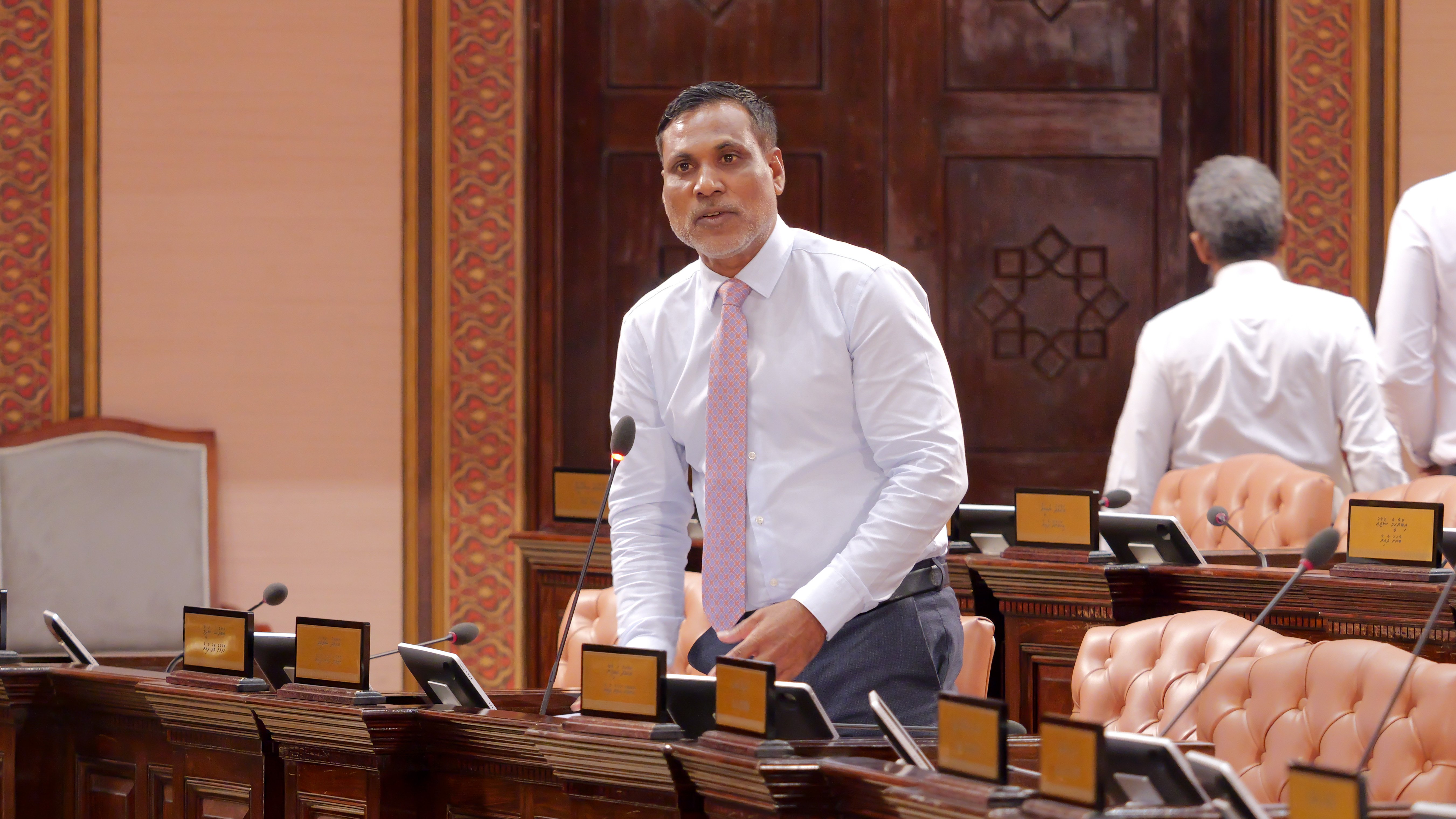The Maldives Local Councils Association (MLCA) has called for a review of the recently passed Urban Development Bill, citing concerns over its impact on local councils' autonomy and the decentralization framework.
In a statement issued yesterday, the MLCA expressed alarm over the bill’s provisions, stating that it significantly curtails the authority of town and city councils in planning and coordinating development within their jurisdictions, as outlined in the Decentralization Act.
“The association has shared its concerns in writing during the short period opened for comments on the bill. However, the bill has been submitted to the House for consideration by the Parliament committee without any public participation or consultation,” the Councils Association said in the statement.
The association criticized the lack of public participation during the drafting process, emphasizing that the bill was presented to parliament without adequate stakeholder consultation.
The MLCA highlighted concerns that the bill centralizes power by allowing the President, upon the advice of a minister, to define urban areas, sidelining the voices and opinions of local communities. They noted the absence of a robust mechanism for public input in the decision-making process.
“The bill empowers long-term plans and policies that will directly affect the people's lives. The association notes that the people have not been consulted on these issues and the opportunity has not been given to the people,” the statement reads.
The association has urged the government to reject the bill and return it to parliament for further deliberation.
Despite these concerns, the Urban Development Bill, moved by Villingili MP Azim Abdul Aziz, was passed with 70 votes in favor and 11 against.
The government has already announced plans to develop seven urban centers under the bill, including R. Ungoofaaru, B. Eydhafushi, Lh. Naifaru, Adh. Mahibadhoo, F. Nilandhoo, Dh. Kudahuvadhoo, and L. Fonadhoo.
The bill outlines that national policies on urban development will be determined by the President with Cabinet advice. It also mandates the creation of Area Development Master Plans and the establishment of an Urban Development Authority to oversee development activities.
Local councils argue that these provisions undermine their ability to make decisions tailored to the specific needs of their communities, posing a challenge to the principles of decentralization.
In a statement issued yesterday, the MLCA expressed alarm over the bill’s provisions, stating that it significantly curtails the authority of town and city councils in planning and coordinating development within their jurisdictions, as outlined in the Decentralization Act.
“The association has shared its concerns in writing during the short period opened for comments on the bill. However, the bill has been submitted to the House for consideration by the Parliament committee without any public participation or consultation,” the Councils Association said in the statement.
The association criticized the lack of public participation during the drafting process, emphasizing that the bill was presented to parliament without adequate stakeholder consultation.
The MLCA highlighted concerns that the bill centralizes power by allowing the President, upon the advice of a minister, to define urban areas, sidelining the voices and opinions of local communities. They noted the absence of a robust mechanism for public input in the decision-making process.
“The bill empowers long-term plans and policies that will directly affect the people's lives. The association notes that the people have not been consulted on these issues and the opportunity has not been given to the people,” the statement reads.
The association has urged the government to reject the bill and return it to parliament for further deliberation.
Despite these concerns, the Urban Development Bill, moved by Villingili MP Azim Abdul Aziz, was passed with 70 votes in favor and 11 against.
The government has already announced plans to develop seven urban centers under the bill, including R. Ungoofaaru, B. Eydhafushi, Lh. Naifaru, Adh. Mahibadhoo, F. Nilandhoo, Dh. Kudahuvadhoo, and L. Fonadhoo.
The bill outlines that national policies on urban development will be determined by the President with Cabinet advice. It also mandates the creation of Area Development Master Plans and the establishment of an Urban Development Authority to oversee development activities.
Local councils argue that these provisions undermine their ability to make decisions tailored to the specific needs of their communities, posing a challenge to the principles of decentralization.


















